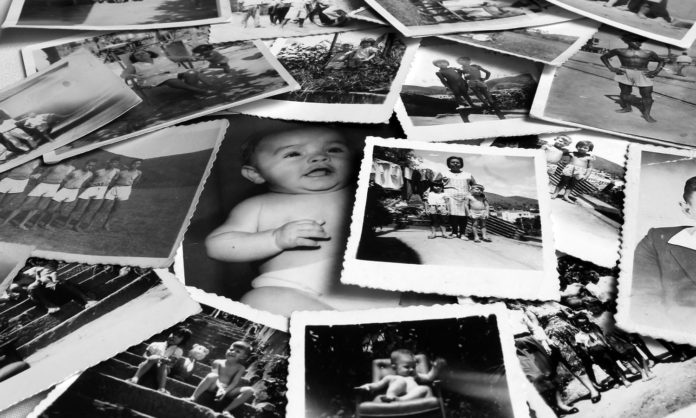
In a guest post on Jane Friedman’s blog, Susanne Dunlap says memoirists can learn a lot from historical fiction. “Many of the decisions historical novelists have to make to create a compelling narrative overlap with memoir more than you’d think—especially for writers of biographical historical fiction,” she says. “Both genres deal with events that really happened and people who actually existed. And writers of both genres have to make decisions that somehow mold reality into a story with a shape, an arc, and meaning.”
- Time. The writer controls the passage of time in their book, including the time period covered by the story’s events, the time the story begins, and the time it ends. This requires you to carefully consider what to include and exclude from the narrative. As you decide, ask yourself why you are writing this particular book, what you want to say, and what message you want to convey. In turn, this will help you choose the right kicking off point.
- Plot. Even memoirs have plot as the writer must tell the reader what happens and why. “That means you have to excavate the choices you made and the actions you took, how you reacted to events and people, and the consequences you had to live with—and do it all in a way that has inner logic,” Dunlap says. Like writers of historical fiction, memoirist have to choose what to include and what to leave out. Great anecdotes that derail the narrative should be saved for another use.
- The writer as protagonist. “Your reader has to care about you, be on your side, just as they would any protagonist,” Dunlap notes. “And the only way to ensure that happens is to dig deep, to lay yourself open in all your emotional complexity, warts and all.” Fiction writers have more leeway, as they can invent characters and conversations, within reason, but memoirists should be ready to reveal themselves.
- Your memoir is a story. “Your memoir requires world building, manipulation of point of view, compelling scenes, descriptions imbued with meaning, structure, and more,” Dunlap writers. “And it’s all wrapped up in revealing something not only about yourself, but about something bigger, something universal.”











